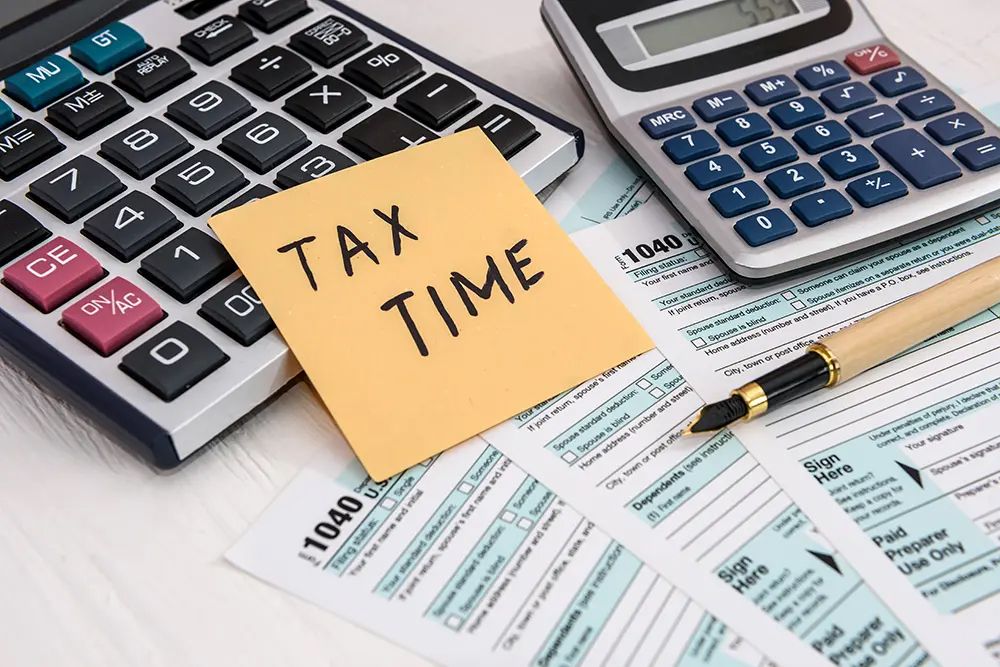- About Us
- Advertise
- Editorial
- Contact Us
- Terms and Conditions
- Privacy Policy
- Do Not Sell My Personal Information
© 2025 MJH Life Sciences™ and Dental Products Report. All rights reserved.
Top 10 Dentist’s Money Digest® Articles for 2022
These Dentist’s Money Digest® articles generated the most views over the last year. To make sure you never miss a thing, subscribe to the Dental Practice Management eNewsletter at dentalproductsreport.com.

The Dentist’s Money Digest® sections of our website and magazine are filled with content designed to help dentists financially, whether to stay on track during challenging times, to plan for retirement, to prepare to sell a practice, or to consider joining a dental service organization (DSO).
This year’s top 10 list of articles addresses important topics including practice valuations during a divorce, dealing with legal disputes, retirement plan losses, and more. Here is a look at 10 of the top Dentist’s Money Digest® articles published in the past year. For more financial content, go to dentalproductsreport.com/finance.

Why and When You Should Consider an Earn Out With a Dental Practice Transition
By Bruce Bryen, CPA, CVA
When it comes to dental practice transitions, there are times when the identified buyer wants to purchase and the ready-to-go seller wants to unload the practice. These parties think conditions are right to close the deal. Sometimes the sale price is not the big problem, but the stubbornness of either or both participants prevents them from reaching agreement. An explanation and examples of an earn out appear in this article so that you can fully understand why this method of transitioning a dental practice may appeal to the buyer and seller when each side feels that the financial step is the last hurdle.
Go to: bit.ly/ConsiderEarnOut

What if I Want to Keep Working in My Dental Practice Past My Planned Retirement?
By Laura Dorr
The big “R” word: Retirement. Although some dentists can’t wait for the day that they can put down the dental drill and ultrasonic scaler, many find it hard to imagine not being chairside. While some dentists choose not to retire for financial reasons, for many it’s inspired by more personal reasons. “Retiring can be a tricky thing,” says Matthew White, cofounder of White and McGowan, a financial firm that specializes in strategies for dentists and physicians. “Being a dentist is an identity thing. You’re known as a doctor in your community and it’s the way people identify you. You’re held in a certain regard because of your status as a doctor; you’re the person they come to with questions or to have pain taken care of. So, who are you outside of that?” This article addresses the topic and adds that by starting a gradual transition, you can evaluate what’s best for you before there’s a contract in place requiring you to hand it off.
Go to: bit.ly/DentistsKeepWorking

There Can Be Surprise Numbers in a Dental Practice Valuation Involving Divorce
By Bruce Bryen, CPA, CVA
When requested to prepare a dental practice valuation for the purpose of a divorce, the independent CPA CVA will report on the facts provided and author a report that is independent and accurate. Sometimes the dental client going through the divorce who has retained the evaluator wants to see something that purports to be a low value for a dental practice that has high earnings, valuable equipment, and a lot of goodwill. In most cases, the primary dentist, most likely the owner, will have most of the goodwill assigned to him or her and will take the value of the dental practice with its assignment of personal goodwill to mean a larger distribution to the dentist rather than to the spouse of the dentist.

Tips to Help Resolve Legal Disputes Involving Dentists
By Bruce Bryen, CPA, CVA
Dentists are among the last of the professional service presenters who have had the misfortune to be litigants. There are many kinds of lawsuits and in terms of damage claims, most individuals first think of patients suing the dentist for harmful effects from a visit to the office. However, many other types of disputes look like they will be brought to trial. This article will go into detail about many of those and will offer advice about resolutions. The most common type of damage claim involves dentists suing dentists for various causes. A partnership agreement not adhered to is a major example.
Go to: bit.ly/ResolveLegalDisputes

Try These Solutions to Fix Retirement Plan Losses
By Bruce Bryen, CPA, CVA
With the stock market having ups and downs and the outlook not so bright, many dentists are wondering whether they must work additional years to catch up on their retirement savings. If you are still earning substantial funds and want a method of investing large amounts of money into the retirement plan, getting big tax write-offs, and having a chance to retire when you choose, follow the plan laid out in this article. It is commonly known as a defined benefit plan or a cash balance plan.
Go to: bit.ly/FixRetirementLosses

Dental Practice Owners Should Read, Understand Engagement Letters
By Bruce Bryen, CPA, CVA
This article is very important even though its title projects that a dentist is signing something without understanding or reading it carefully, which is hard to imagine. One would be surprised at how often this occurs. The engagement letter can be about a topic such as a divorce situation, partnership dispute, or any type of financial problem that may involve a lender, dental office supply company, equipment provider, or others. It is hard to grasp that anyone who receives an engagement letter and wants to retain the author or his or her firm will not truly understand what they are reading and what they are going to sign before proceeding with the services explained in the letter.
Go to: bit.ly/ReadEngagementLetters

What You Need to Know About Valuing Your Practice
By Jennifer Sims, CPA
Many dentists considering selling their practice think they can handle the valuation process themselves. They may have managed a large transaction successfully—the sale of a house, for instance—and assume that the process is similar. But selling a practice is far more complicated than selling a house. To maximize profit, you must be familiar with the valuation methods used, understand how your objectives (immediate retirement or not) affect the transaction, and recognize the imperative need for specialized accountants and brokers. Overlooking any of these factors or being unaware of available strategies can cost you money. This article focuses on what every dentist should know about valuing a practice.

Understanding the Many Insurance Policies You Need as a Practicing Dentist
By Elizabeth Slane
Insurance coverage for new graduates is a very important part of their future as they begin their careers in dentistry. There are many other things to consider when preparing for a career in delivering great oral care to patients, but insurance planning is not something to be overlooked. Here we include a brief outline of the different types of property and casualty insurance necessary to protect your interests. This article is not intended to discuss all the different types of insurance a dentist needs. An experienced property and casualty insurance agent can answer all questions regarding insurance needs.
Go to: bit.ly/InsuranceForDentists

Be Prepared as Here Come the Taxes
By Bruce Bryen, CPA, CVA
It is expected that sometime during the new year, a wholesale change to the tax structure in our country will be proposed to Congress. Depending on which party controls Congress, there may or may not be a big tax increase for those who just received a big tax decrease from the previous administration. It is probable that a lot of dentists will see changes in their taxes by way of reduced deductions, higher tax rates and surcharges on incomes above certain amounts, or other adjustments that will surely raise their federal income tax bills. This will be especially difficult for those working in states with high tax rates. This article tells why it is a good time for dentists, their CPAs, and other financial advisers to start thinking about planning for changes in their taxes.
Go to: bit.ly/HereComeTaxes

The Positives and Negatives of Joining a Dental or Orthodontic Service Organization
By Bruce Bryen, CPA, CVA
Positives when joining a dental service organization (DSO) include a reasonable amount of money at the closing, a decent living from the operations, and the hope that, in the long term, there will be an upside that provides a large amount of money or valuable stock as the DSO progresses. For those joining the DSO, the amount of money at the closing may be significant. Based on the dentist’s practice and earnings and benefits the owner has been receiving, the concept of the DSO may be a good one in that the operating costs should be substantially reduced with a sound administrative team. With enough members, the DSO should provide a safe environment with professional employees available to pick up the slack when 1 or more have quiet production and collection days or weeks.
Go to: bit.ly/DSOYesOrNo
Related Content:

 Download Issue: Dental Products Report January 2022
Download Issue: Dental Products Report January 2022

